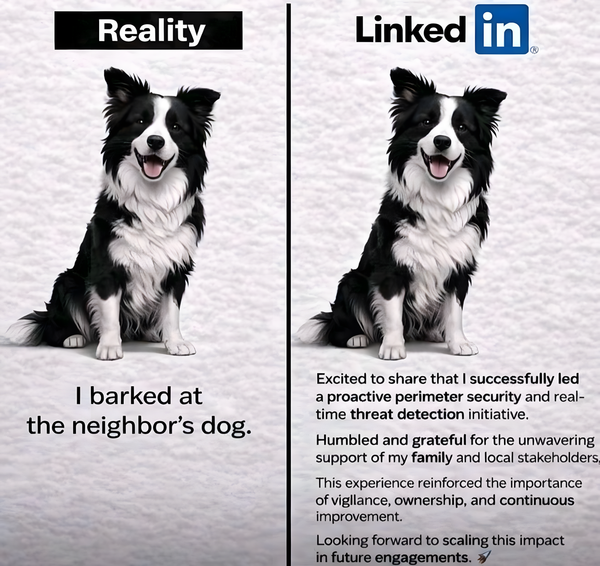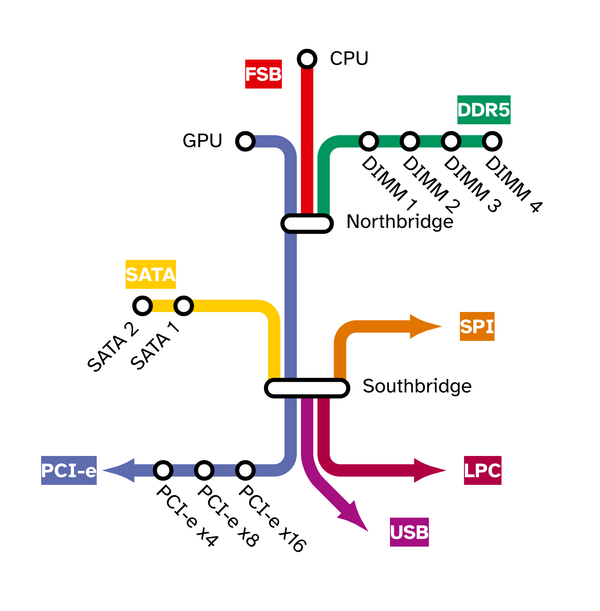The Manager's Guide – #89
Weekly Hand-Picked Collection Edition

Ask for Advice, Not Permission
- 🚫 Asking for permission can create conflict and breed antagonism
- 🤝 Seeking advice shows respect and doesn't burden others with responsibility
- 🧠 Asking for advice encourages honest feedback and better decision-making
- 🔑 Gatekeepers don't always have veto rights; responsibility lies with you
- 💡 Advice-seeking can create advocates and give others a stake in success
Getting buy-in to get things done
- 🤝 Getting buy-in is different from getting agreement and is crucial for leadership roles
- 🎯 Buy-in leads to active work toward goals, not just verbal agreement
- 🔍 Signals of buy-in include making suggestions, giving up something, and having concrete plans
- 🚫 Lack of pushback or saying “no” might indicate simple agreement rather than buy-in
- 📢 Explaining the problem, listening, and clarifying the “why” are key strategies for getting buy-in
- 🤔 Helping clarify trade-offs and figuring out concrete plans together can increase buy-in
- 🌱 Building trust over time is essential for easier buy-in in the future
Fundamentals
- 🧠 Learning fundamentals is more valuable than chasing specific technologies
- 🔄 It's impossible to keep up with all new tech, focus on building a strong foundation instead
- 🏗️ Design patterns are useful fundamental concepts that apply across many technologies
- 🧮 Functional programming abstractions like monads and functors are broadly applicable
- 📊 SQL is a stable and universally useful skill to learn
- 🌐 Understanding HTTP at a low level is valuable for web development
- 💻 Shell scripting and command line skills are widely applicable
- 🧩 Knowledge of algorithms and data structures helps solve many problems
- 📚 Continuous learning of fundamentals is a lifelong process for programmers
No Wrong Doors
- 🚪 No Wrong Door policies aim to provide help even if individuals approach the wrong agency
- 🏢 Technology organizations can sometimes operate like complex bureaucracies
- 🔄 Adopting a No Wrong Door approach can improve inter-team communication and support
- 🤝 Initiating three-way conversations is an effective way to implement No Wrong Door
- 📚 Educating colleagues about proper processes becomes easier with this approach
- 🌟 No Wrong Door creates positive relationships across organizations
- 🧭 It helps identify areas of ambiguous ownership more clearly
The Trident Model of Career Development
- 🚀 The Trident Model of Career Development offers three distinct career tracks in tech: Management, Technical Leadership, and True Individual Contributor.
- 📊 Traditional two-track career ladders (Management and IC) can be limiting and may not accurately represent technical leadership roles.
- 👥 The Management track focuses on leading people and managing structures, with 70-80% of time spent on management activities.
- 💡 The Technical Leadership track emphasizes leading people on technical topics, requiring both technical skills and leadership abilities.
- 🔧 The True Individual Contributor track is for those who spend most of their time (70-80%) on execution and specialized tasks.
- 🏢 Real-world examples of companies implementing similar models include Carta, Netconomy, and Shopify.
- 🧠 The Trident Model can be useful for personal development, building career ladders, and explaining role differences in organizations.
Flawed Feedback: The Problem with Peer Reviews
- 🔄 Peer evaluations and 360-degree feedback are becoming more popular in organizations to address limitations of manager-only reviews
- 🎭 People tend to adjust how they evaluate others strategically when peer reviews are transparent
- 🧠 Individuals are less likely to negatively evaluate active colleagues or provide pivotal feedback to avoid potential backlash
- 📊 Strategic use of peer evaluations can increase one's chances of receiving positive reviews and career advancement
- 🔍 Even with anonymity, some degree of transparency in peer reviews can lead to strategic behavior
- ⚖️ Organizations need to recognize peer evaluations as platforms for influence and implement safeguards to mitigate biases
That’s all for this week’s edition
I hope you liked it, and you’ve learned something — if you did, don’t forget to give a thumbs-up and share this issue with your friends and network.
See y’all next week 👋



